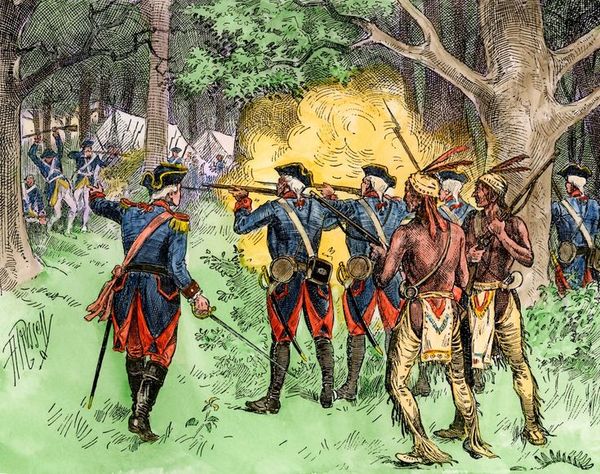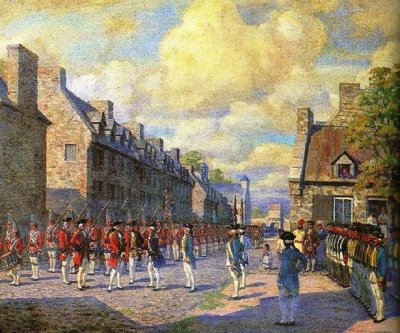French authorities surrendered Montreal to British forces in 1760 as part of the French and Indian War. On February 10, 1763, the Treaty of Paris concluded the French and Indian War, with France conceding Quebec to Great Britain.
Feb. 10 (UPI) — On this date in history:
In 1763, the Treaty of Paris ended the Seven Years’ War between Britain and Spain and also the French and Indian War, with France ceding Quebec to Great Britain. Many such truces have held the title “Treaty of Paris” as the city has hosted numerous negotiations over the centuries, as outlined in this 1969 UPI article.

In 1897, the slogan “All The News That’s Fit To Print” first appeared on Page One of The New York Times.
In 1931, New Delhi was made the capital of India.
In 1962, captured U-2 spy plane pilot Francis Gary Powers was returned to the United States by Russia in exchange for Soviet spy Rudolf Abel.
In 1964, 82 Australian sailors died when an aircraft carrier and a destroyer collided off New South Wales, Australia.
In 1971, four photojournalists — Kent Potter of United Press International, Henry Huet of the Associated Press, Larry Burrows of Life magazine, and Keisaburo Shimamoto of Newsweek — died after the South Vietnamese air force helicopter they were in was shot down over Laos during the Vietnam War.
In 1992, an Indianapolis jury convicted former heavyweight boxing champion Mike Tyson of the rape of a beauty pageant contestant. Tyson was sentenced to six years in prison and released after three.
In 1996, a computer — IBM’s Deep Blue — won a game against world champion chess player Garry Kasparov. But Kasparov won three games and drew two others in winning the overall match with Deep Blue.
In 2007, U.S. Army Lt. Gen. David Petraeus assumed control of the U.S. forces in Iraq at a ceremony in Baghdad. He described his new job as “hard but not hopeless.”
In 2011, a 14-year-old suicide bomber in a school uniform attacked an army parade ground in Pakistan, killing at least 27 soldiers and injuring more than 40 others.
In 2013, the northeastern United States was digging out from a monster snowstorm that killed nine people and left at least 400,000 households without power.
In 2021, scientists in France announced that an 18,000-year-old conch shell is believed to be the world’s oldest known wind instrument. It was discovered in the Marsoulas Cave in the Pyrenees mountain range in 1931.

